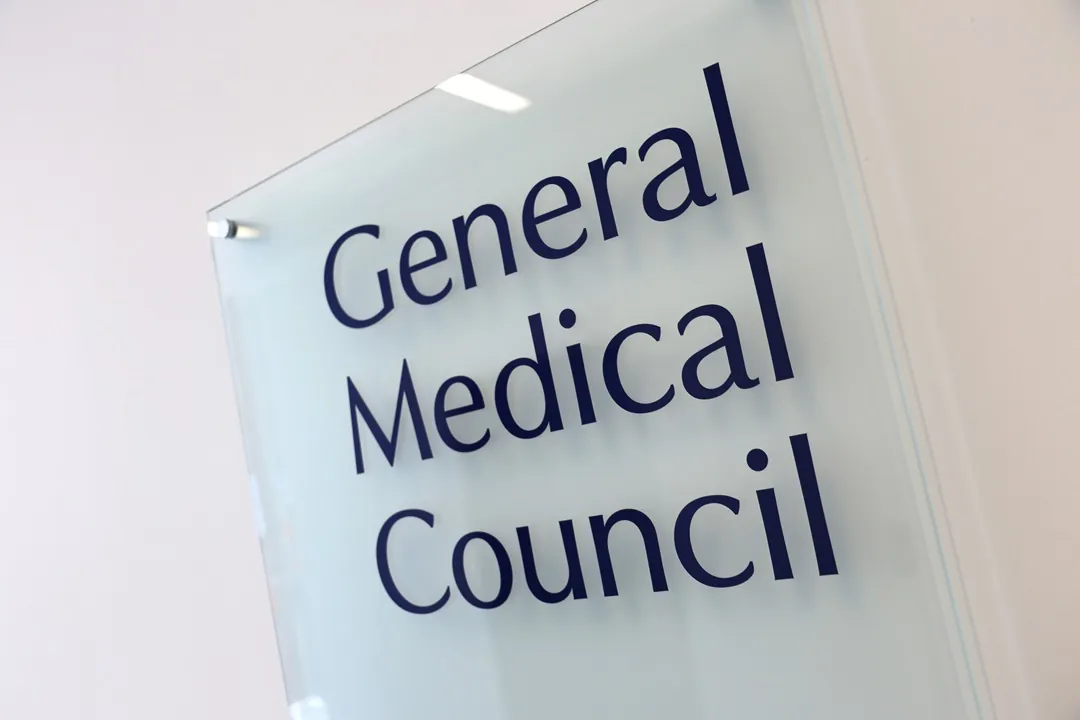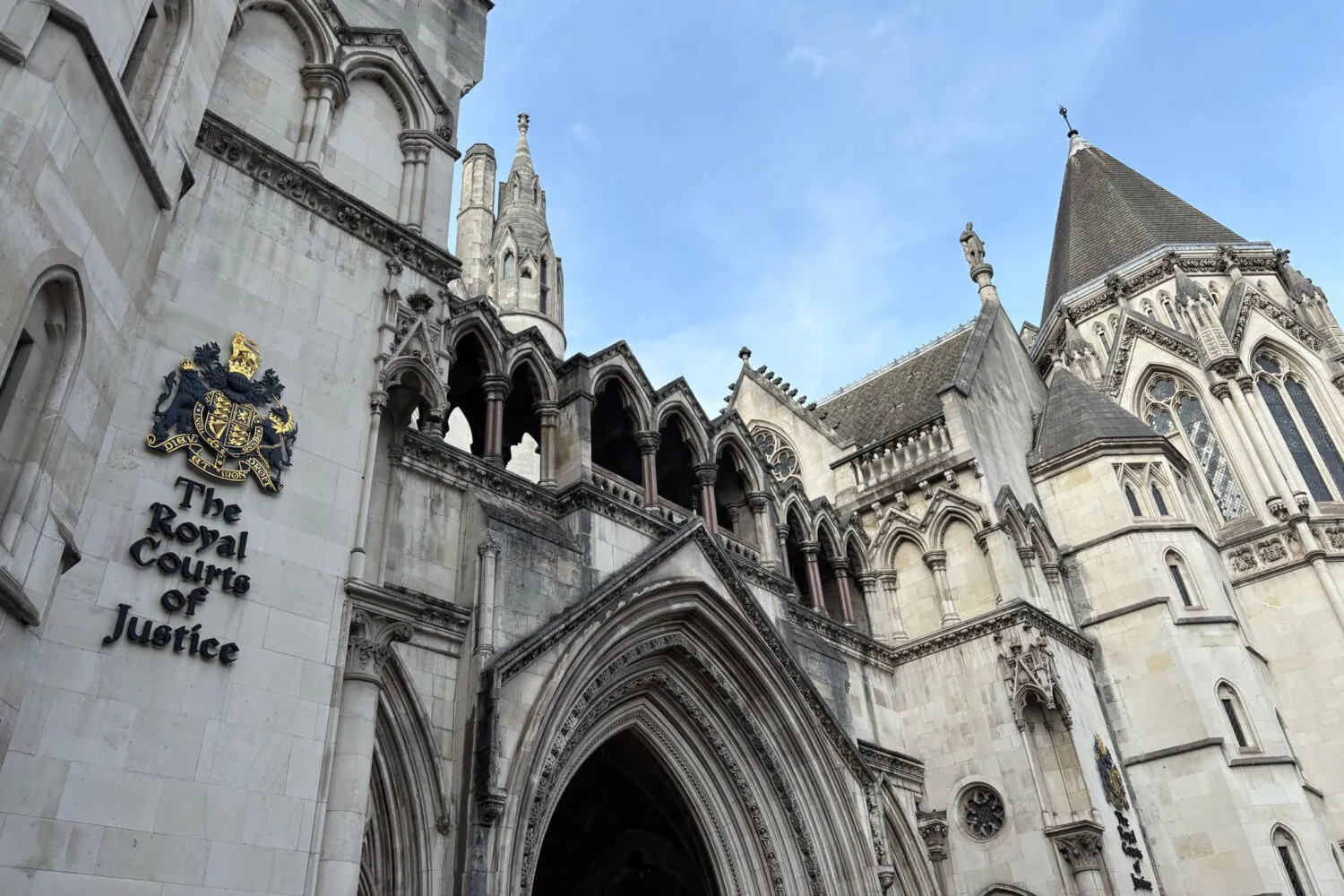The Doctors’ Association UK (DAUK) is supporting the British Medical Association as it launches legal action against the GMC over blurring of lines between doctors and physician associates (PAs).
DAUK has long-standing concerns that GMC regulation will confuse the roles of doctors and non-doctors in the eyes of the public, creating a misunderstanding of the role of PAs and presenting a risk to patient safety.
We’ve also voiced concerns about the scope of practice, that doctors are responsible in law for PA care, and concerns that tasks and procedures that doctors in training need to practice repeatedly are being reallocated to PAs and AAs.
Announcing its legal action, the BMA said it had consistently made clear that physician and anaesthesia associates – who complete a two-year course rather than a five-year medical degree – need regulating, but that the GMC is not the right organisation to do this.
Physician associates
By choosing the GMC as the regulator for PAs and AAs, the BMA says the Government was undermining and devaluing the medical profession, and confusing patients.
The GMC has been using the term ‘medical professionals’ in its materials to describe all of its future registrants – both doctors and associates, the BMA says. This includes in Good Medical Practice, the key GMC guidance document for doctors, defining the standards of care and behaviour that are expected, which is used as a reference to determine fitness to practise.
The BMA is now launching a judicial review claim against the GMC over its use of this term, which the Association says should only ever be used to refer to qualified doctors.
Anaesthetists United, an independent group of grassroots anaesthetists, are planning separate but complementary legal action, which relates to the lack of any national regulation of scope of practice for PAs and AAs, a vital issue which the GMC has studiously avoided.
The BMA says it is liaising with Anaesthetists United, and the DAUK offers both our support.

Dr Ellen Welch, DAUK vice chair, said: “We do need to stand up and make people aware of the deskilling of medicine.
“I do feel for PAs within this debate, but this is not about individual clinicians. It’s about systemic flaws which are normalising doctors being replaced by staff members who haven’t done the same training and this is simply a patient safety issue.”
Open letter
The BMA has also written an open letter to party leaders ahead of the general election to try to put the issue of PAs at the top of their agendas.
In summary, it is asking for:
1. Implementation of a national safe scope of practice for MAPs underpinned by robust evidence and regulation.
2. Amending the Anaesthesia Associates and Physician Associates Order 2024 so that MAPs are regulated by a more suitable regulator using titles that protect patients from being misled.
3. An end to widespread doctor replacement and unemployment.
4. An urgent review of the long-term workforce plan to determine how MAPs can be safely utilised to the benefit of patients and healthcare systems, as well as the numbers required, underpinned by evidence.
5. A halt to any current plans to provide MAPs with prescribing responsibilities.
6. An independent inquiry to determine how widespread doctor substitution has become, and how this scandal has been allowed to develop without sufficient regard for patient safety.





